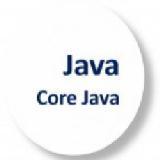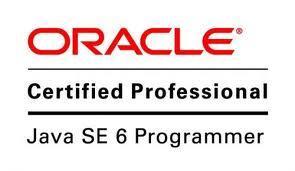
Course offered by Ankit Maini

Gallery (4)





Avg Rating
Reviews
Students
Courses
MCA, OCJP Certified
4 Years of Experience
Students also enrolled in these courses

Course offered by Pratik Soni

Course offered by Shubha

Course offered by Pradeep
Tutor has not setup batch timings yet. Book a Demo to talk to the Tutor.
Different batches available for this Course
Reply to 's review
Enter your reply*
Your reply has been successfully submitted.
Certified
The Certified badge indicates that the Tutor has received good amount of positive feedback from Students.
![]() You have successfully registered
You have successfully registered
Core Java September Batch by Ankit Maini

Select One
Tell us a little more about yourself
Core Java September Batch by Ankit Maini

00
Days
01
Hour
01
Min
01
Sec
Verify Your Mobile Number
Please verify your Mobile Number to book this free class.
 Update
Update Please enter 10 digit phone number.
Please enter your phone number.
Please Enter a valid Mobile Number
This number is already in use.
Please enter OTP.
080-66-0844-42